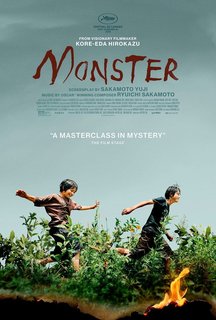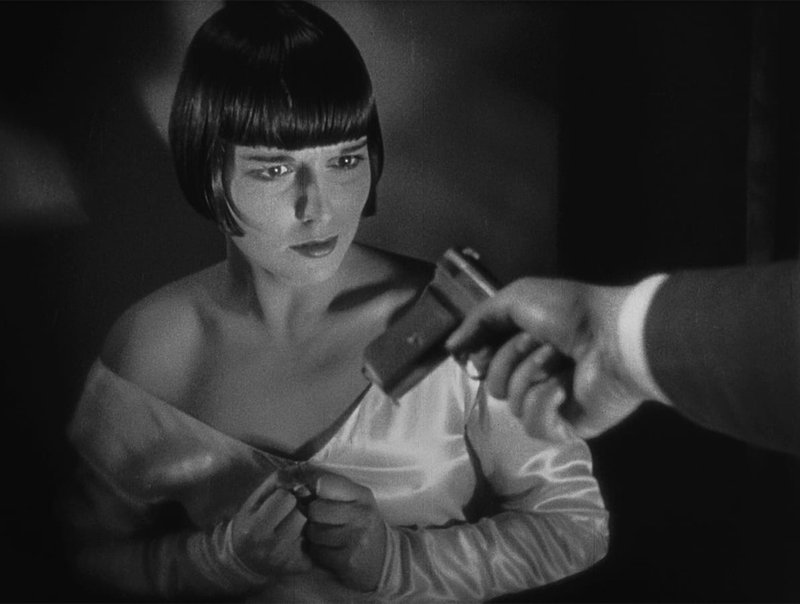So, 2024 was a kooky experience as far as catching up on my watchlist goes, because I watched and reviewed many more films than I ever thought I'd be able to, and in the end my watchlist count actually went forwards instead of backwards. I've mentioned it a few times in the previous thread, I must be so much more aware of adding new movies to it, and it wasn't at all a case of putting any old movie I fancied into my watchlist - there are strict criteria. If a movie takes my fancy, I still do research on it to make sure it's really watchlist-worthy - taking notes of reviews and ratings from a whole range of people and places.
Last year, the target was 300 - as in 'get my watchlist down from 450 to 300'. What actually happened was, my watchlist went from 450 to 452, despite knocking around 275 films off in 2024. So this year, my target will be a more realistic one :
I was supposed to watch and review Love According to Dalva (2022) to round off my watchlist year, but when it came to sitting down and watching it I had the unhappy experience of finding out that the promised "English subtitles" weren't to be found, and as such that was a complete bust. Anyway, I ended 2024 with a string of incidental watches - ones where I only find out when I'm reviewing them that they were on my watchlist :



Yet I still went over on my count! My fears of running out of watchlist films (that was a genuine sadness I felt when I really hit my stride - turns out I had nothing to worry about) were unfounded. So here we go again - let's move the needle this time!
First up on the list is Falcon Lake (2022) - Directed by Charlotte Le Bon
Last year, the target was 300 - as in 'get my watchlist down from 450 to 300'. What actually happened was, my watchlist went from 450 to 452, despite knocking around 275 films off in 2024. So this year, my target will be a more realistic one :
TARGET : 400
I was supposed to watch and review Love According to Dalva (2022) to round off my watchlist year, but when it came to sitting down and watching it I had the unhappy experience of finding out that the promised "English subtitles" weren't to be found, and as such that was a complete bust. Anyway, I ended 2024 with a string of incidental watches - ones where I only find out when I'm reviewing them that they were on my watchlist :



Yet I still went over on my count! My fears of running out of watchlist films (that was a genuine sadness I felt when I really hit my stride - turns out I had nothing to worry about) were unfounded. So here we go again - let's move the needle this time!
First up on the list is Falcon Lake (2022) - Directed by Charlotte Le Bon
__________________
Remember - everything has an ending except hope, and sausages - they have two.
Latest Review : Before the Rain (1994)











